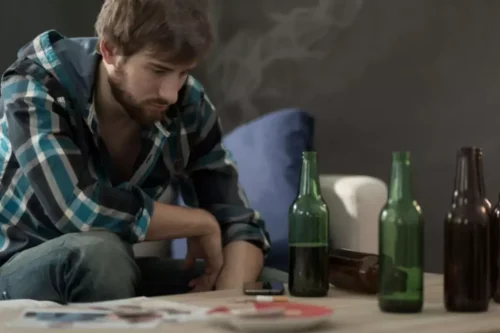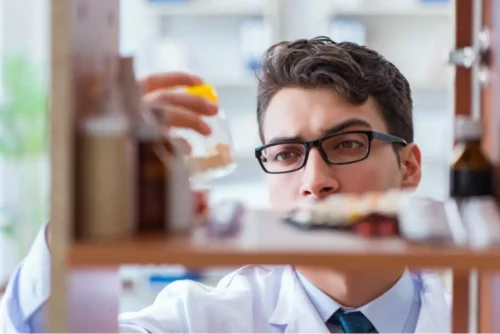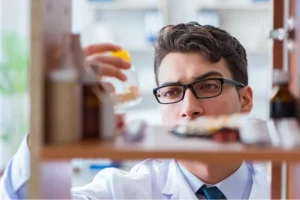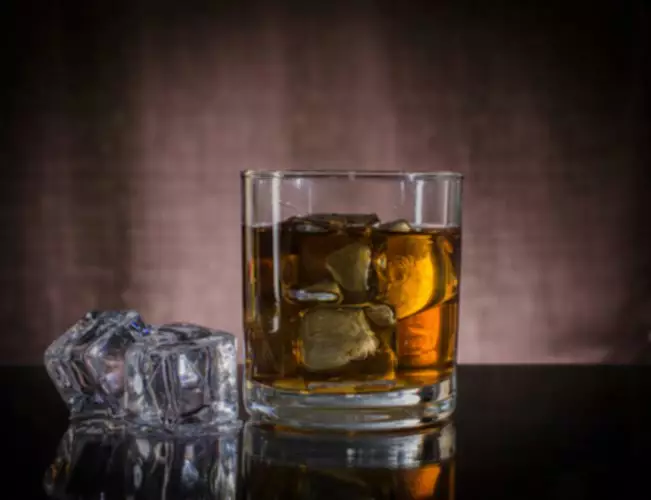
Seeking help for addiction may feel daunting or even scary, but several organizations can provide support. A person can also reach out to trusted friends or family https://ecosoberhouse.com/ members. They may be able to provide emotional support or help with finding solutions.
Skin Cancer Risks

With little calorie or protein intake the skin becomes dry and loses elasticity. My friends and I are in our late 20s and drink on the weekends, in a social way. I’m starting to notice some wrinkles and my skin not looking as great how alcohol affects your skin as it used to. Could the drinking be the problem, even if it’s only on the weekends? For some people, sunlight causes extreme burning, blisters, and pain.

Cellulitis
Alcohol’s inflammatory effect impairs the immune response, which increases your susceptibility to bacterial infection. Department of Agriculture suggest consumption should be no more than one alcoholic drink per day for women and two for men. Consuming more will, in the long term, have a negative effect on skin. More importantly, this flushing is of concern as it is linked to an increased risk of squamous cell esophageal cancer due to alcohol consumption. Signs of dehydration include dark circles beneath the eyes, puffiness, and dry skin.
Short-term effects
This problem is often passed down in families, but alcohol use can also trigger it. Your skin may wound easily, itch, and turn red when you’re in the sun. To ease your symptoms, stop drinking and avoid direct sunlight.
Psoriasis
Understanding these effects empowers you to make informed choices about alcohol consumption. There are several skin conditions that have been linked to alcohol consumption. One such condition is rosacea, a chronic inflammatory skin condition that causes redness and visible blood vessels on the face. Alcohol is a known trigger for rosacea flare-ups and can worsen symptoms in those who already have the condition.

Impact of Alcohol on Rosacea

Recurrent swelling may suggest an underlying issue with the kidneys, liver, or heart and should be seen by a doctor if continuing for more than two days in a row. Alcohol also increases the production of free radicals in the body. Free radicals are unstable molecules that can damage cells and accelerate the aging process. They can break down collagen and elastin, two proteins that are essential for maintaining youthful-looking skin. Reducing alcohol intake is one of the most effective ways to protect your skin.
Severe skin conditions linked to alcohol use
Chronic alcohol use limits your skin’s ability to repair itself and depletes collagen and elastin, two key proteins that give skin firmness and elasticity. With lower levels, your skin is more prone to sagging and wrinkling, aging your appearance. For many people of East Asian descent, alcoholic beverages cause prominent flushing on the face, neck, shoulders and sometimes the entire body. This effect is due to a genetic condition that interferes with the metabolization of alcohol. Unfortunately, white wine tends to be high in what is alcoholism sugar too, just like cocktails.
- Improved circulation delivers more oxygen and nutrients to the skin, resulting in a healthy glow and combating dullness.
- Collagen and elastin play crucial roles in maintaining skin elasticity and preventing the formation of wrinkles.
- Then, if you magnify that fact times all of the instances you have a bender, imagine the influence it has on premature aging.
- Alcohol is a diuretic, which means it increases urine production and can lead to dehydration.
By stopping your alcohol consumption, you can reduce the symptoms of these conditions or heal them altogether. Over several days to 1 year, your skin will become brighter, firmer and healthier. After 1–2 weeks, skin conditions related to dehydration start to improve. Fine lines and pores are less visible, and your skin appears plumper and healthier. Limiting the amount of alcohol you drink, and having plenty of water or soft drinks between alcoholic drinks can help avoid dehydration – which is also the main cause of a hangover.
Triggers
You’ve supported HuffPost before, and we’ll be honest — we could use your help again. We view our mission to provide free, fair news as critically important in this crucial moment, and we can’t do it without you. Would you help us provide essential information to our readers during this critical time? Other factors that may trigger type 1 PCT include oestrogen, iron and viral infections (especially hepatitis C). Generalised skin itching (pruritus) may occur due to the build up of poorly metabolised substances that stimulate nerve endings in the skin. These substances may include bile salts, histamine, corticosteroids and opioids.
- Excessive alcohol use significantly impacts skin health, often leading to visible dryness, redness, and inflammation.
- Prioritizing good sleep hygiene alongside reducing alcohol consumption could yield positive results.
In a study published in 2018, researchers found that heavy drinkers had a higher risk of developing autoimmune diseases, including psoriasis. This connection shows how important it is to consider alcohol’s effects on overall health. Local support groups can help those struggling with alcohol misuse. These groups provide resources and community support for individuals facing alcohol use disorder (AUD). Engaging with others who understand the challenges can foster healthier habits.

No Comments